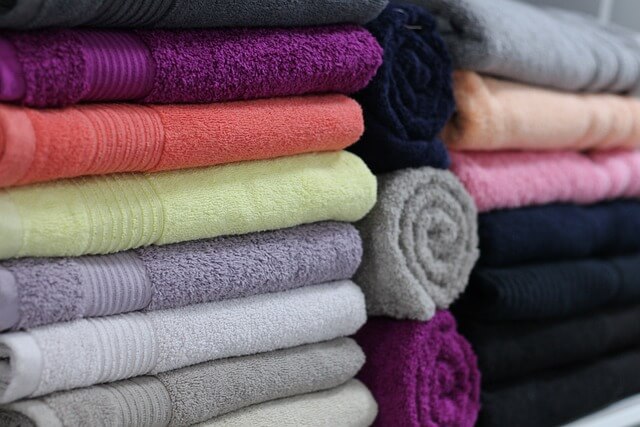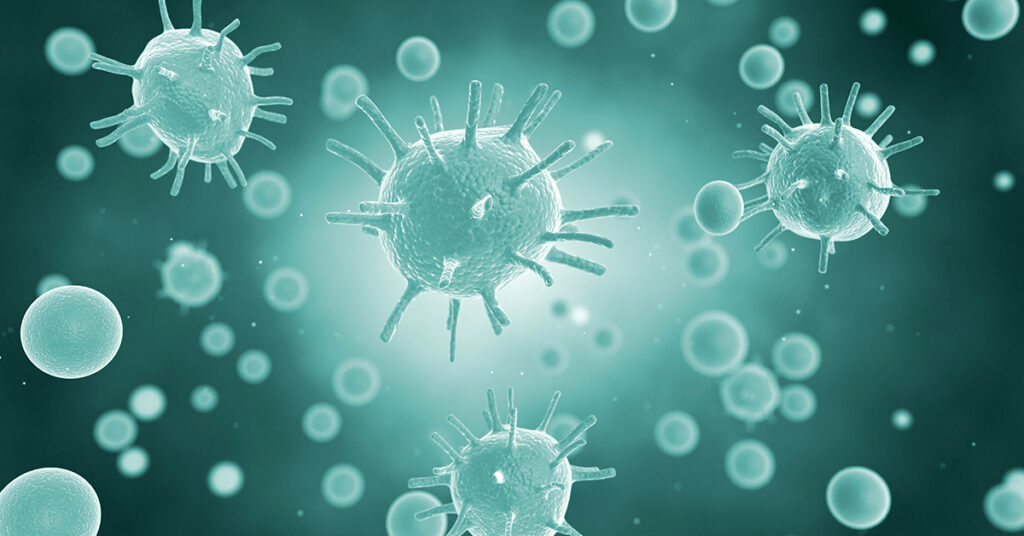Attention! This is something important that experts empathize with. Towels spread diseases when not properly maintained; they may retain and transmit infections if they are not kept clean.
Table of Contents

Here are some crucial things to remember:
Germs and viruses on towels spread diseases
When towels come into contact with biological fluids like mucus, feces, or saliva, they can become contaminated with germs and viruses. When an individual with a communicable disease uses a towel, some of the germs may be transferred onto the towel’s surface.
Cross-contamination of towels spreads diseases
There is a chance of cross-contamination when several people share a towel and it isn’t adequately cleansed in between uses. This can occur in communal living areas, gyms, and public bathrooms.
Moisture and Warmth on towels spread diseases
The conditions found in towels encourage the growth of mold and bacteria. Warmth and moisture can encourage the growth of bacteria on the surface of a towel, which spreads disease.
The durability of a towel
The purpose and method of use of a towel determine how long you should use it. Here are a few broad recommendations.

Bath towel durability
After being used once, bath towels are usually laundered. It’s advisable to hang up your bath towel to ensure it dries completely after using it to dry yourself. Repeatedly using a damp towel can promote the formation of mildew and unpleasant odors.
Hand towel durability
It is recommended to replace hand towels on a regular basis, particularly in areas with heavy traffic or when they become obviously filthy. Replacing hand towels every few days to a week is a good general rule.
Kitchen towel durability
Because they get spoiled easily, kitchen towels should be changed every day or two, particularly if they come into contact with food, liquids, or surfaces that could be contaminated.
Gym towel durability
After using them for a single use, wash them. Washing your towel frequently is important because sweating after an exercise session might bring in bacteria and smells.
Beach towel durability
Used for tanning, beach towels can become soiled or sand-filled. Towels should ideally be washed and shaken out after a beach trip to prevent sand buildup.
Cleaning towel durability
As soon as cleaning towels get soiled or soaked with cleaners, they should be replaced or laundered. Keeping a rotating supply of cleaning towels on hand is a smart idea.
Guest towel durability
Frequently utilized in guest restrooms, guest towels ought to be changed every day or in-between visits.
Disinfecting towels naturally
There are several ways to organically cleanse towels. Here are a few natural and environmentally beneficial ways to do so:

Disinfecting towels naturally with warm water and apple cider
Use your usual detergent and wash the towels in hot water (at least 140°F or 60°C).
To the rinse cycle, add 1/2 to 1 cup of white vinegar. Natural antimicrobial qualities are present in vinegar.
Disinfecting towels naturally With Baking soda
To the wash cycle, add 1/2 cup of baking soda along with the detergent and hot water.
Towels can be made odor- and bacteria-free with the use of baking soda.
Disinfecting towels naturally With Citrus Juice
In the rinse cycle, substitute lemon juice for vinegar. Lemon juice is naturally antiseptic and antibacterial.
Disinfecting towels naturally With the Oil of a tea tree
For further antibacterial effects, add a few drops of tea tree essential oil to the wash cycle.
Disinfecting towels naturally by Sunshine
Towels hung in the sun will naturally help destroy bacteria. Sunshine has the ability to disinfect.
Disinfecting towels naturally by Steaming
Put some water on to boil and submerge the towels in it for a little while. Verify that the water is hot enough to destroy microorganisms. Dishcloths are a great application for this technique.
Disinfecting towels naturally With Carbon Dioxide
In a spray bottle, combine equal parts water and hydrogen peroxide.
Before washing the towels as normal, give them a quick spray and let them sit for a few minutes.
Disinfecting towels naturally With Green Cleaning Products
Select natural and eco-friendly detergents that eliminate odor and bacteria without using harsh chemicals.
How long do germs live on towels?
The life of Germs on a towel completely depends on the type of germs, surroundings, and care of the towel. Here are a few broad recommendations.

Bacteria
Depending on the type of bacteria, moisture content, and temperature, bacteria can live anywhere from a few hours to many days on a towel. The majority of common household germs, including those found on your skin, have a shorter half-life, often ranging from a few hours to a day.
Viruses
Compared to bacteria, viruses typically have a shorter lifespan on surfaces. Depending on the type of virus and the surroundings, they could remain on a towel for several hours or even days.
Fungi
If the right circumstances are met, fungi like yeast and mold can live for a long time on towels. They could last for a few days or even weeks, particularly in a moist atmosphere.
You can take the following steps to shorten the amount of time that viruses survive on towels:
- Wash your towels on a regular basis. Do a quick wash with hot water and detergent. Most germs will be eliminated by doing this.
- Keep your towels separate; don’t share them with anyone, especially if they’re ill.
- Towels should be allowed to air dry completely between usages. They should be hung in a well-ventilated place. Towels should never be wet in a humid area since this encourages the growth of fungi and germs.
- When necessary, replace the towels because they can get worn out and are less efficient at drying, which can let viruses stick around. As needed, replace tattered and outdated towels.
- When someone in the home is sick or there is a significant danger of injury, think about using disposable paper towels.
want to buy a towel click here
To make sure your towels can survive the suggested washing temperatures and materials, always remember to read the care labels on them. Additionally, use caution when utilizing natural chemicals like lemon juice or vinegar since they may eventually change the color of your towels. Doing a spot test on these techniques first is a smart idea. To maintain clean and fresh towels, regular washing and good drying—that is, completely drying towels after each use—are also crucial.